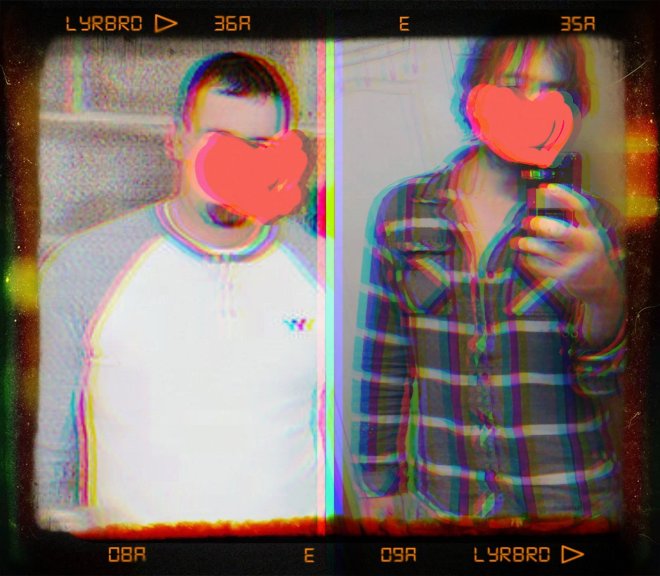
This article is one of the best I’ve seen explaining opiod addiction to the average person from the point of view of the person suffering. The author is a doctor who suffered himself for 22 years.
It explains why people lose so much weight (along with everything else) as they become more and more addicted to not only the substance, but the daily rat race lifestyle that requires so much time and energy, “just to stay well” as my son always says.
When I hear moms arguing about whether to buy food for an addicted loved one, there’s always the comment: “if they can buy dope they can buy food”.
The problem is, they don’t.
To me, it’s like expecting a severe Alzheimers patient to eat on time every day without forgetting to turn off the stove.
The first time my son was “out there” for 9 months, he lost 80 lbs. The second time he lost 60 in 5 months. When I received this second picture of him last year, I literally broke down in horror with shaking sobs. When I sent it to my daughter, she was so upset, she had to leave work. She said:
“I didn’t have any idea it could get this bad in just 5 months”

"Our starvation for these opioids is far more intense than our starvation for food. If it’s a choice between buying food or buying heroin, then that’s not a choice"
He explains how it relates to us eating as a means to survival.
“Let’s say that the only place you can get food is out of a black market where food is expensive and it is scarce. And it is illegal. It is illegal to buy out of this black market. But it’s the only place you can find food. If you were in this situation, what would you do? Would you starve? Or would you break the law and buy food, to eat and to live? Would you steal if you had to, to buy food? The answer to that would be yes. Because survival is not a choice”.
“If it’s a choice between buying food or buying heroin, then that’s not a choice. We’ll take that heroin. Every time. This is not a deficit in reasoning. This is not a failure in judgment or impulse control. It is a perfectly rational response to our starvation for these opioids”
Honestly, because of articles like this, my anger towards my son for all the damage he’s caused has melted in complete compassion for his daily, minute-to-minute struggle. I wish I could say the same for others in my family who are still hurting & I assume angry with him. Addicts get a bad rap because they don’t magically heal from all these brain changes when they go to jail or go to a 30-day rehab; the truth is, it takes almost as long to heal as the time in hardcore active addiction. Everyone wants a quick fix (pun not intended- sort-of).
"You can't solve a problem in the same environment in which it was created".

“We’re not narcissistic hedonists. When we hurt the ones we love, we hurt too. And what is sad is that we don’t understand why we can’t stop. We don’t understand why we do the things we do. We don’t understand why we hurt the ones we love. We don’t understand because no one has explained to us that the changes within the brain at a cellular, molecular, level, what we call opioid addiction, is an acquired disease of brain structure and, thus, function that is manifested not as compulsive drug seeking and use but, rather, as behavior directed towards the survival of the individual”.
I invite you to click here to read the full article with resources to help.

All I know, which isn’t much; is that this is a family & societal problem. It’s not a “if only he would stop doing destructive things to himself and others, then I can feel better about him and myself and things will be fine”. Although in theory that may be true, but there’s always a reason someone starts wanting to feel a certain way or avoid feeling a certain way around certain people or situations; and those conditions must be looked at before complete family healing can take place. The dynamics of relationships involve BOTH parties, so fixing the damage can’t be done by only one (plus expecting it to be done by the one with the most damaged brain seems silly).

